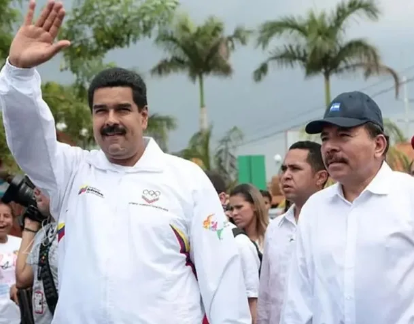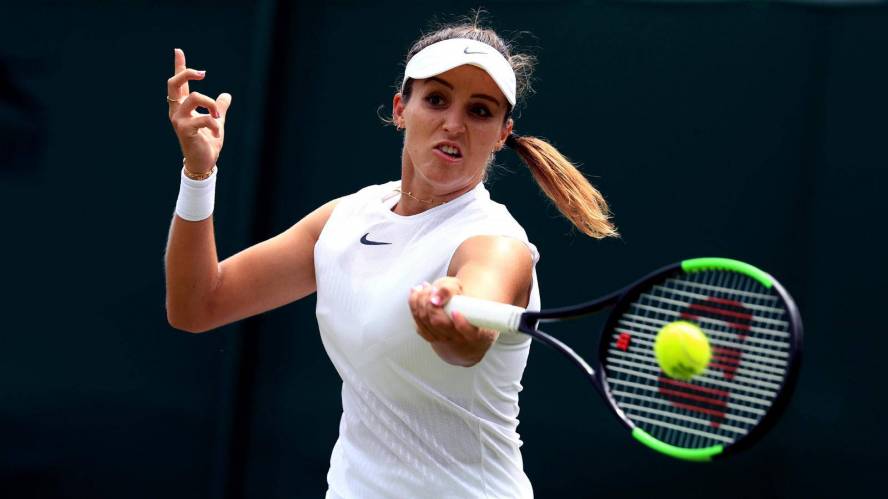Venezuela, Haiti and Nicaragua are the most corrupt countries in the Americas according to survey

The Corruption Perception Index (CPI) published on Tuesday, January 31, by the NGO Transparency International (TI) revealed that since 2017, the fight against corruption has stagnated in the Americas, especially in countries like Venezuela and Nicaragua that remain under authoritarian regimes. The index listed Venezuela, Haiti and Nicaragua as the region’s most corrupt countries.
Thus, no country on the continent registered significant improvements in the last five years in the TI classification, which measures the perception of corruption levels in the public sector from 0 to 100 (from the most corrupt country to the “cleanest” country).
Costa Rica is ranked among the less corrupt in the Americas.
The American countries perceived as less corrupt in 2022 were Canada (74), Uruguay (74), the United States (69), and Costa Rica (54), while at the opposite end of the scale were Venezuela (14), Haiti (17) and Nicaragua (19).
Ecuador, which has seen the arrests of dozens of judges and police officers in recent months, ranks 13th in the index, less corrupt than Peru and Panama but more corrupt than Colombia.
In addition, globally, more than two-thirds of the 180 countries analyzed had a “serious problem” of corruption in 2022, and the average score (43 points) has remained without improvement for the eleventh consecutive year, according to the NGO based in Germany.
“Fragile governments fail to curb criminal networks, social conflict and violence, and some exacerbate threats to human rights by concentrating power under the guise of responding to insecurity,” said TI president Delia Ferreira Rubio in relation to the Americas.
For her part, TI’s regional advisor for Latin America and the Caribbean, Luciana Torchiaro, explained to the EFE news agency that a common characteristic of all the countries in that region is that there are few sanctions against those responsible for corruption.
“The judiciary is very slow and, in many countries, little independent. All of this contributes to this level of generalised stagnation that we are seeing,” says the expert.
Three countries have fallen significantly on the scale in the last five years: Honduras (23), Haiti (17) and Nicaragua (19), which in 2022 fell to its historical minimum – since the creation of the CPI in 1995 – as they did also Cuba (45) and Guatemala (24).
Guatemala, which fell one point in 2022, a year in which the Special Prosecutor’s Office Against Impunity released a public official accused of money laundering, is experiencing a decline in the fight against corruption “almost without precedent in the region,” said Torchiaro, who spoke of an “extremely worrying regression.”
“We have observed the total co-optation of the public ministry, of the justice institutions, by the elites that govern the country and even have relations with organized crime,” he pointed out and recalled that several Guatemalan prosecutors are in exile, and there are activists and imprisoned journalists.
The case of Nicaragua is also “extreme” since the great corruption concentrated in figures of the Executive contributes to a “massive violation of rights”, and anyone who dares to contradict the Government sees their life in danger, the expert remarked.
On the other hand, the NGO placed particular emphasis in its press release on the “volatile” situation in Brazil (38 points, the same as in 2021), caused by a combination of “corruption, authoritarianism and economic slowdown.”
Former President Jair Bolsonaro resorted to “corrupt manoeuvres” to benefit political allies and dismantled anti-corruption structures, TI stressed, recalling that this month, supporters of the far-right leader tried to disrupt the inauguration of Luiz Inácio Lula da Silva.
“The rise of the new government offers Brazil the opportunity to reverse this situation and promote the fight against corruption,” Torchiaro pointed out and ventured that an evolution in this direction would have the possibility of having a “positive impact” on the entire subcontinent.
In its statement, Transparency International also referred to the situation in Peru, of the riots after the removal of former president Pedro Castillo after he tried to dissolve Parliament come on top of years of political instability in the country, which maintains the 36 points he had in 2021.
Finally, TI highlighted the expansion of drug trafficking in the Caribbean and the high levels of crime in Jamaica (44) and Trinidad and Tobago (42), where more than half of the population believed in 2019 that the police were corrupt.






0 Comment